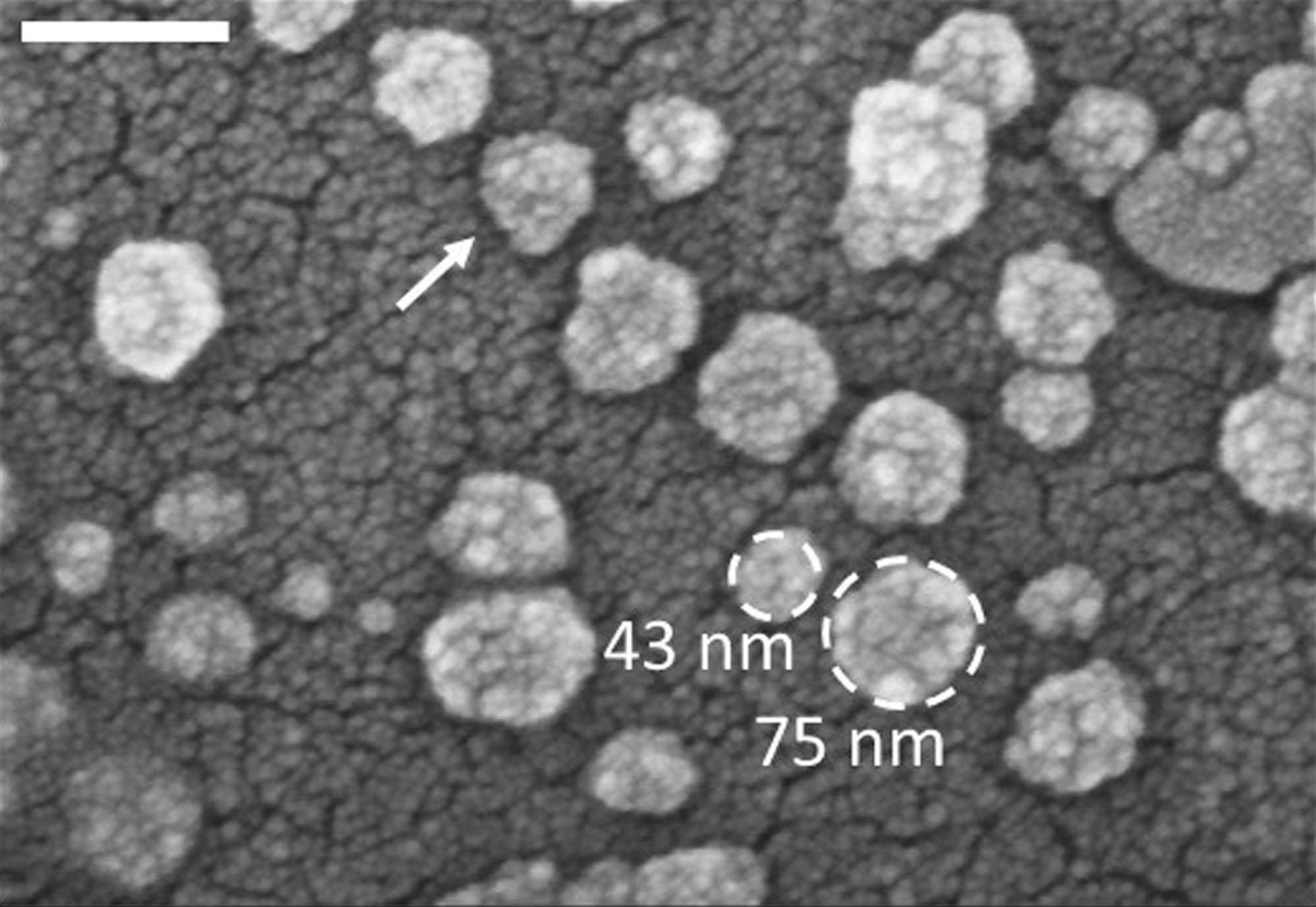Exosomes are cell-derived vesicles that are present in almost all eukaryotic fluids, including blood, urine, cerebrospinal fluid (CSF) and cultured medium of cell cultures in vitro.
Exosomes are vesicular components of a host cell, formed from the fusion of an internal multivesicular body (intracellular endocytic compartment) with the plasma membrane, releasing the internal vesicles into the surrounding milieu.
First discovered around 50 years ago, exosomes were considered as a means of cellular waste disposal and for a long time they were largely ignored, forgotten or dismissed by the scientific community.
However, they are now known to be involved in many key biological processes including inflammation, angiogenesis and coagulation.
Surge in R&D investment in recent years
It is only in the past ten years or so that exosome research has picked up, with a ten-fold increase in the number of publications relating to exosomes between 2006 and 2017.
These vesicles are now being investigated in a variety of applications, including as therapeutic biomarkers, drug delivery systems and therapies in their own right.

US Tariffs are shifting - will you react or anticipate?
Don’t let policy changes catch you off guard. Stay proactive with real-time data and expert analysis.
By GlobalDataThe number of clinical trials investigating exosome technologies has rapidly increased in recent years and more than 20 products are currently in active development across a number of therapy areas, including oncology, central nervous system, cardiovascular disease and infectious disease.

Unique properties generate interest
Research within this area remains in the nascent stages with much still to be discovered.
Nonetheless, it represents a promising new field, largely owing to a number of unique properties of exosomes.
For example, exosomes can be engineered to incorporate targeting ligands, allowing them to deliver cargo selectively to cells.
Their small size (30–120nm) allows them to penetrate the blood-brain barrier for the delivery of central nervous system therapies, whereas in cancer they can accumulate within a tumour via the enhanced permeability and retention effects.
Exosomes can also be used as diagnostic tools because they are carriers of the molecular markers of many diseases.
Related GBI report. For more insight and data, visit the GBI Research report store.




